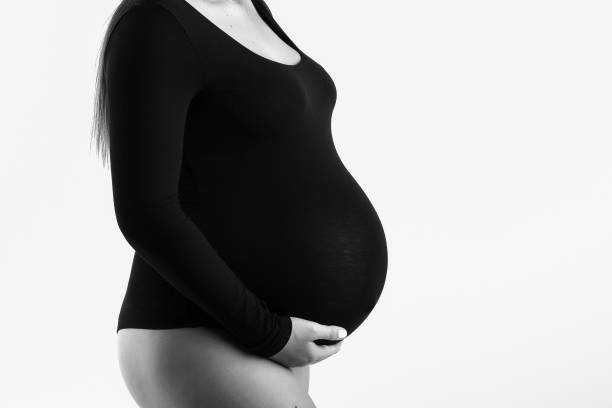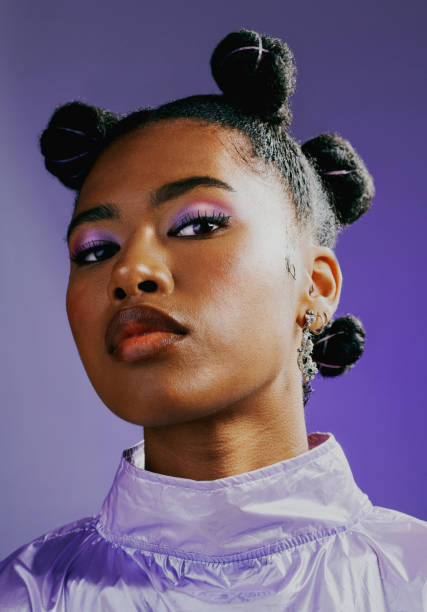Losing a pregnancy can feel like the world has stopped. When postpartum depression (PPD) follows, it can make everything seem even darker.
If this is what you’re going through right now, let me start by saying this—you’re not alone, and what you’re feeling is valid.
Talking about these emotions can be tough, but it’s one of the first steps toward healing.
Let’s walk through this together, gently exploring how you can navigate postpartum depression after miscarriage and find ways to heal.
Table of Contents
What Is Postpartum Depression After Miscarriage?
You’ve probably heard of postpartum depression before, but did you know it can happen after a miscarriage too? It’s not just about having a baby; it’s about the huge hormonal shifts your body goes through combined with the emotional weight of loss.

This can lead to feelings like:
- Constant sadness or hopelessness.
- Feeling guilty or blaming yourself.
- Not enjoying things you used to love.
- Trouble sleeping or changes in appetite.
- Finding it hard to focus.
- Having scary thoughts, like harming yourself or feeling like nothing matters.
If any of this feels familiar, please know it’s okay to ask for help. You’re not weak; you’re human.
How Do You Start Coping?
Recovering from postpartum depression after miscarriage isn’t about snapping your fingers and being okay. It’s about taking small, intentional steps. Here’s how you can start:
- Let Yourself Feel
It’s normal to want to push emotions away, but bottling them up won’t help. If you feel like crying, let the tears flow. If you’re angry, find a healthy way to express it. Writing in a journal, talking to someone, or even just sitting with your feelings can be a release. - Talk to a Professional
Therapists and counselors are trained to help people in your shoes. They can help you unpack those heavy feelings and give you tools to manage them. Sometimes, medication might also be an option—and that’s perfectly okay if it helps you feel better. - Lean on Loved Ones
You don’t have to do this alone. Tell someone close to you how you’re feeling. They might not always know the perfect thing to say, but having someone to listen can make all the difference.

- Be Kind to Yourself
One of the hardest parts of healing is fighting the guilt. You might be blaming yourself, but hear this: It’s not your fault. Miscarriages happen for reasons beyond your control. Treat yourself with the same kindness you’d offer a friend in your position. - Take Tiny Steps Forward
When you’re in the thick of depression, even small tasks can feel like mountains. Start small. Maybe it’s taking a shower, going for a short walk, or preparing a meal. Each little step counts and brings you closer to feeling like yourself again. - Get Moving—Gently
Exercise can lift your mood, even if it’s just a short walk around the block. Yoga or stretching can also help ease tension. There’s no pressure to do anything intense; just find what feels good for you. - Find Your Tribe
Connecting with others who’ve experienced a miscarriage can be incredibly healing. Support groups, either in person or online, are great places to share your story and hear others’. Sometimes, knowing you’re not the only one can be a huge relief. - Celebrate Small Wins
Did you get out of bed today? That’s a win. Did you call a friend? Another win. Recovery isn’t about doing everything at once; it’s about celebrating each little victory along the way.
When to Seek Immediate Help
If you ever feel like the pain is too much to bear or have thoughts of harming yourself, please reach out immediately. Call someone you trust, contact a mental health hotline, or go to the nearest hospital. You are worth saving, and there are people ready to help you.
Moving Toward Healing
Recovering from postpartum depression after miscarriage isn’t a straight road—it has twists, turns, and setbacks. But healing is possible. It doesn’t mean forgetting your loss; it means learning how to live with it and finding peace again.
You’ll discover strength you didn’t know you had. Lean on the people around you, take it one day at a time, and don’t be afraid to ask for help.
The journey is tough, but you don’t have to walk it alone.
Photo | pexels




















